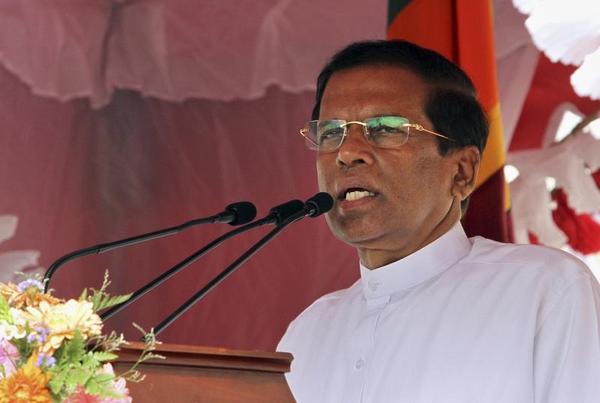Democracy has taken many knocks in recent years. Russian President Vladimir Putin has twisted a supposed Russian democracy into a dictatorship. Beijing is touting its single-party autocracy as superior to democracy. And in Washington, democracy looks like a legislative train wreck. But the island nation of Sri Lanka this past week proved that democracy is alive and well in at least one corner of the world, by throwing out its own Putinesque figure.
On January 8, a diverse coalition of Sri Lankan parties led by Maithripala Sirisena defeated Mahinda Rajapaksa, president since 2005, who was seeking to secure a third six-year term. Rajapaksa, whose administration in 2009 finally crushed a longstanding Tamil separatist movement in the country’s northeast, presented himself as a god-like figure and set about placing numerous relatives in key government posts, making national politics something of a family business. When the chief justice of the Supreme Court made decisions contrary to his family’s liking, Rajapaksa simply sacked her. He had a promising rival, military commander Sarath Fonseka, jailed. He ordered up a massive new port to be built in his small hometown of Hambantota, on the southern coast of the island – and named it after himself. In Hambantota, he constructed a multi-hundred-million-dollar “international” airport that sits mostly empty, hosting just two to four flights per day. He named this after himself, too.
Read Full Article »



